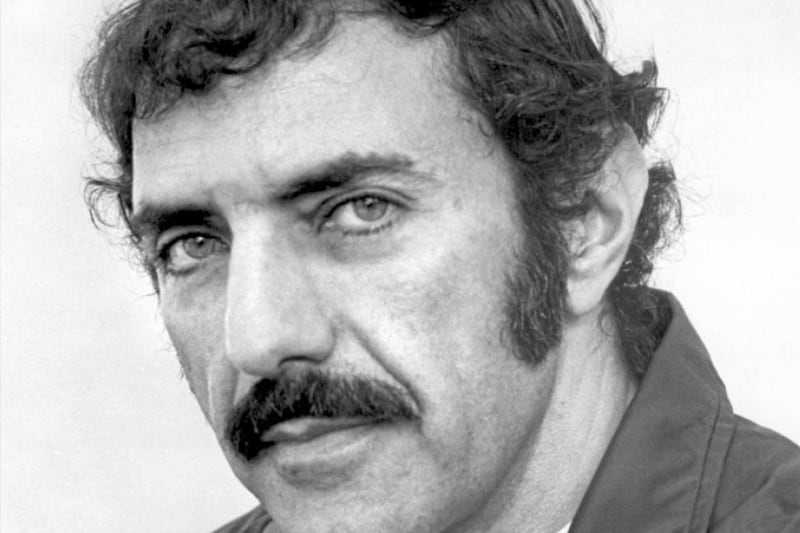WITH his 1971 novel The Exorcist, a simple moral tale of two Catholic priests who attempt to exorcise a demon from 12-year-old girl, William Peter Blatty wrote himself into horror history.
Blatty, who died this week aged 89, sold 13 million copies of the book in the United States alone and it stayed in the New York Times best sellers list for an amazing 57 weeks. When the inevitable Hollywood adaptation came rolling around in 1973 he teamed up with director William Friedkin for a film that would change horror forever.
Today The Exorcist may be best remembered for Linda Blair’s head-spinning, bile-puking turn as the possessed girl and Blatty’s heartfelt commentary on faith and sacrifice may be lost somewhat but there’s no denying the film's power both to shock and entertain.
It would go on to be Academy Award nominated for Best Picture (the first horror film to receive such an honour) and Blatty would deservedly win an Oscar for his adapted screenplay. His name was made but, as is often the case, there was much more to the man than the success of that one film would suggest.
Born to Lebanese immigrants in New York, he was raised a devout Catholic, served in the US air force, where he specialised in psychological warfare, and took early jobs in the US Information Agency in Beirut and later as head of public relations at a Jesuit collage in Los Angeles.
Through it all he was an amateur writer keen to break away from the 9 to 5 life. In 1961 that glimpse of freedom arrived when he appeared on the Groucho Marx-fronted TV show You Bet Your Life. Flush with the $10,000 he won in prize money, he quit his job and took up writing full time.
His first novel, John Goldfarb, Please Come Home was published in 1963; Blatty moved into movie screenplays that same year with the Danny Kaye comedy The Man From the Diners’ Club. In 1964 he began a successful collaboration with director Blake Edwards, adding his skills to Edwards’s second Pink Panther film A Shot In The Dark. Together they also worked on the comedy What Did You Do In The War Daddy? (1966) and the Peter Gunn reimagining Gunn (1967).
The death of his mother in 1967 precipitated a full-blown religious crisis for the writer that would, along with a tale of a real-life exorcism of a 13-year-old boy in Washington in the 50s, inspire his most revered work.
The Exorcist continued to hover over his life and career like an unwelcome ghost with studios and money men clamouring for a follow-up. He divorced himself wisely from the terrible 1977 update The Heretic but penned his own sequel Legion which would eventually form the basis of The Exorcist III.
Blatty himself would direct the film, his second effort in the director’s chair after the criminally undervalued cult classic The Ninth Configuration in 1980, and it remains his finest achievement. Smart, occasionally genuinely disturbing and intentionally funny where the first film was accidentally so, it showcased Blatty at his best.



